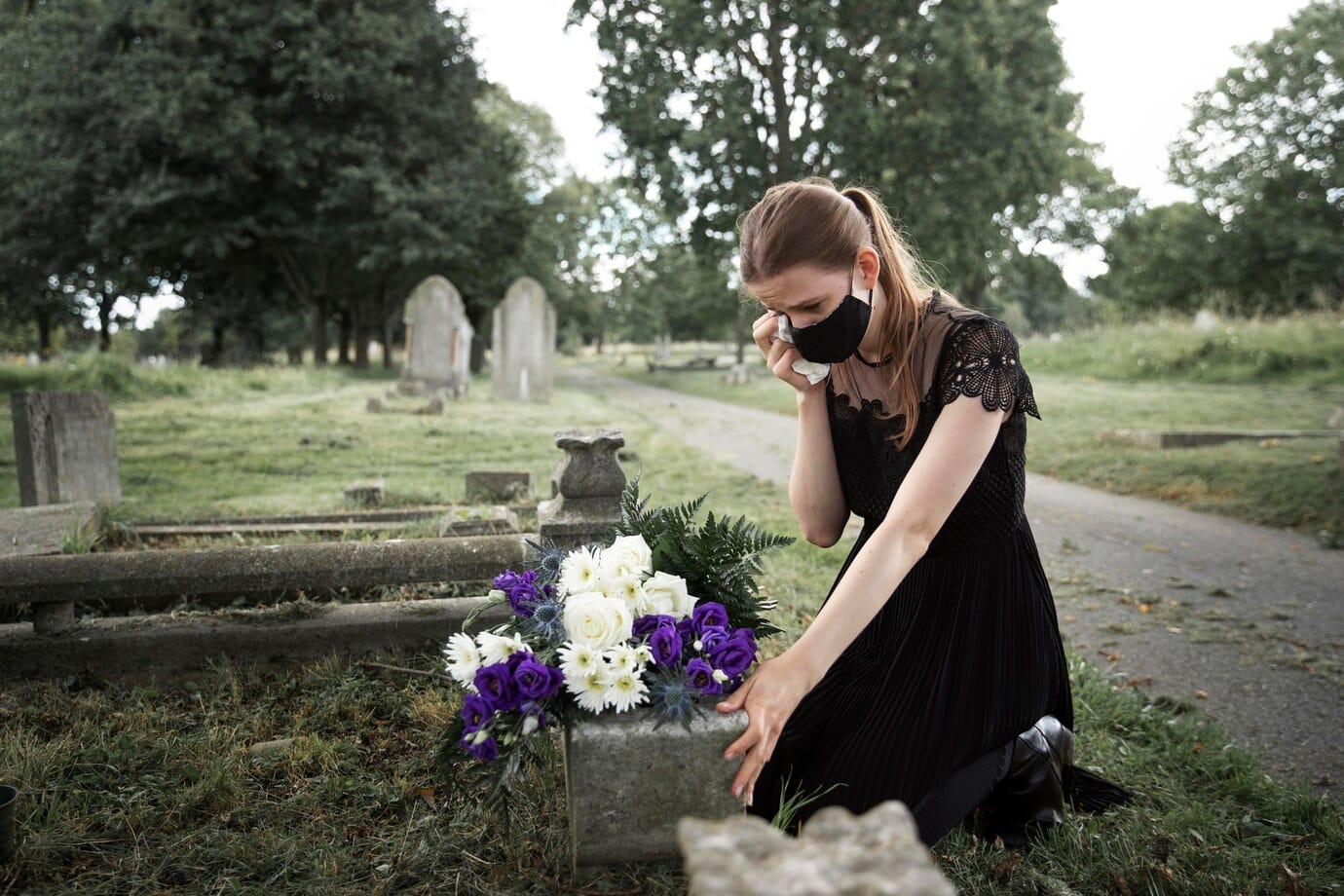Have you ever wondered what would happen if you passed away without a will in West Virginia? The thought of not having a will in place can be daunting, but understanding the implications can help you make informed decisions about your estate planning. In this article, we will explore the consequences of dying without a will in West Virginia and how it can impact your loved ones and assets.
Intestate Succession Laws in West Virginia
When a person dies without a will, they are said to have died “intestate.” In West Virginia, intestate succession laws dictate how the deceased person’s assets will be distributed. These laws follow a specific hierarchy of beneficiaries who are entitled to inherit the estate.
Who Inherits Your Assets?
If you pass away without a will in West Virginia, the state’s intestate succession laws will determine how your assets are distributed. Typically, your assets will be passed on to your closest living relatives, such as your spouse, children, parents, or siblings, in a specific order outlined by the state laws.
Appointment of an Administrator
When someone dies without a will, the court will appoint an administrator to manage the estate. The administrator will be responsible for paying off any debts and taxes owed by the deceased person and distributing the remaining assets according to the intestate succession laws.
Challenges and Delays
One of the significant drawbacks of dying without a will is the potential for legal challenges and delays in the distribution of assets. Without clear instructions in a will, disputes may arise among family members regarding the division of the estate, leading to prolonged court battles and added stress during an already difficult time.
Protecting Your Wishes
Creating a will is a crucial step in ensuring that your wishes are carried out after your passing. By clearly outlining how you want your assets to be distributed and appointing an executor to oversee the process, you can avoid the uncertainties and conflicts that may arise from dying intestate.
Seek Legal Advice
If you have questions about estate planning or need assistance in creating a will, it is advisable to seek legal advice from a qualified attorney specializing in probate and estate law. A legal professional can help you navigate the complexities of estate planning and ensure that your wishes are legally documented and protected.
Final Thoughts on Estate Planning in West Virginia
While the thought of estate planning and creating a will may seem overwhelming, taking proactive steps to secure your assets and protect your loved ones is essential. By understanding the consequences of dying without a will in West Virginia and the benefits of proper estate planning, you can make informed decisions that will safeguard your legacy for future generations.
If you have feedback, questions, or ideas for future articles or Information Hubs, please contact us. Your insights help us create valuable content.


